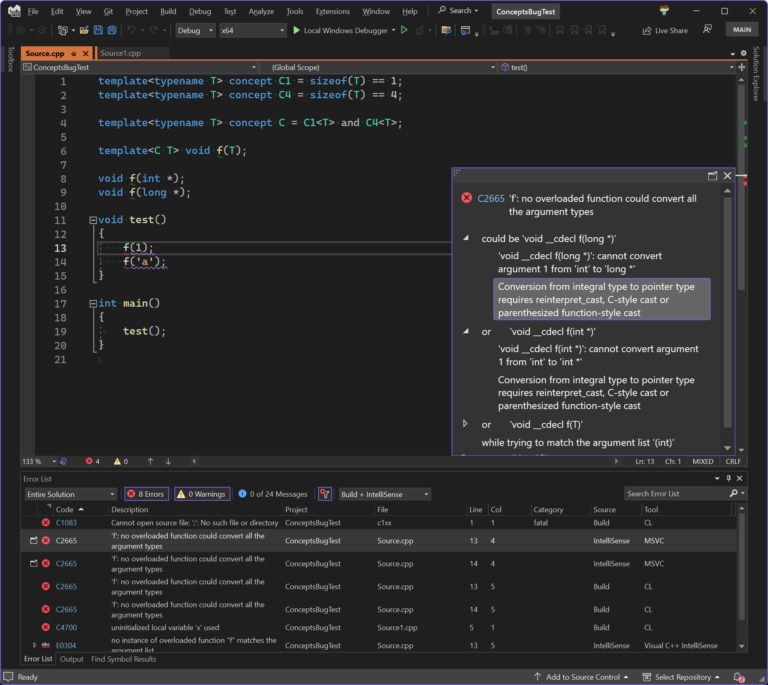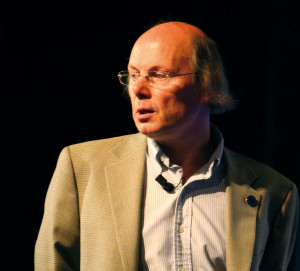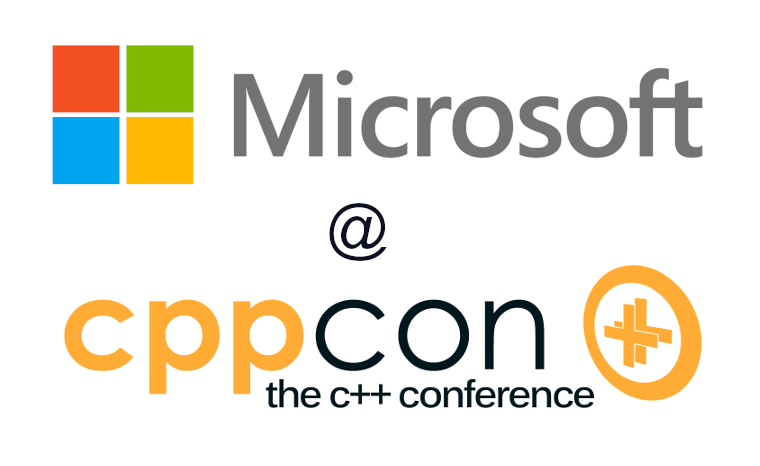The Future of C++ Compiler Diagnostics in MSVC and Visual Studio -- Xiang Fan
 Making C++ easier to understand:
Making C++ easier to understand:
The Future of C++ Compiler Diagnostics in MSVC and Visual Studio
by Xiang Fan
From the article:
We are working hard on improving the diagnostics experience in MSVC and Visual Studio. We began this work in Visual Studio 2022 version 17.3 and while not everything is ready yet, we would like to share the early progress...

 The second video from CppCon 2022 has now been posted:
The second video from CppCon 2022 has now been posted: The first CppCon 2022 video is now available.
The first CppCon 2022 video is now available. Mixing integer types... what could go wrong? And how to make it go right?
Mixing integer types... what could go wrong? And how to make it go right? News from the conference, happening live in Aurora, CO, USA this week:
News from the conference, happening live in Aurora, CO, USA this week: Will you attend?
Will you attend?